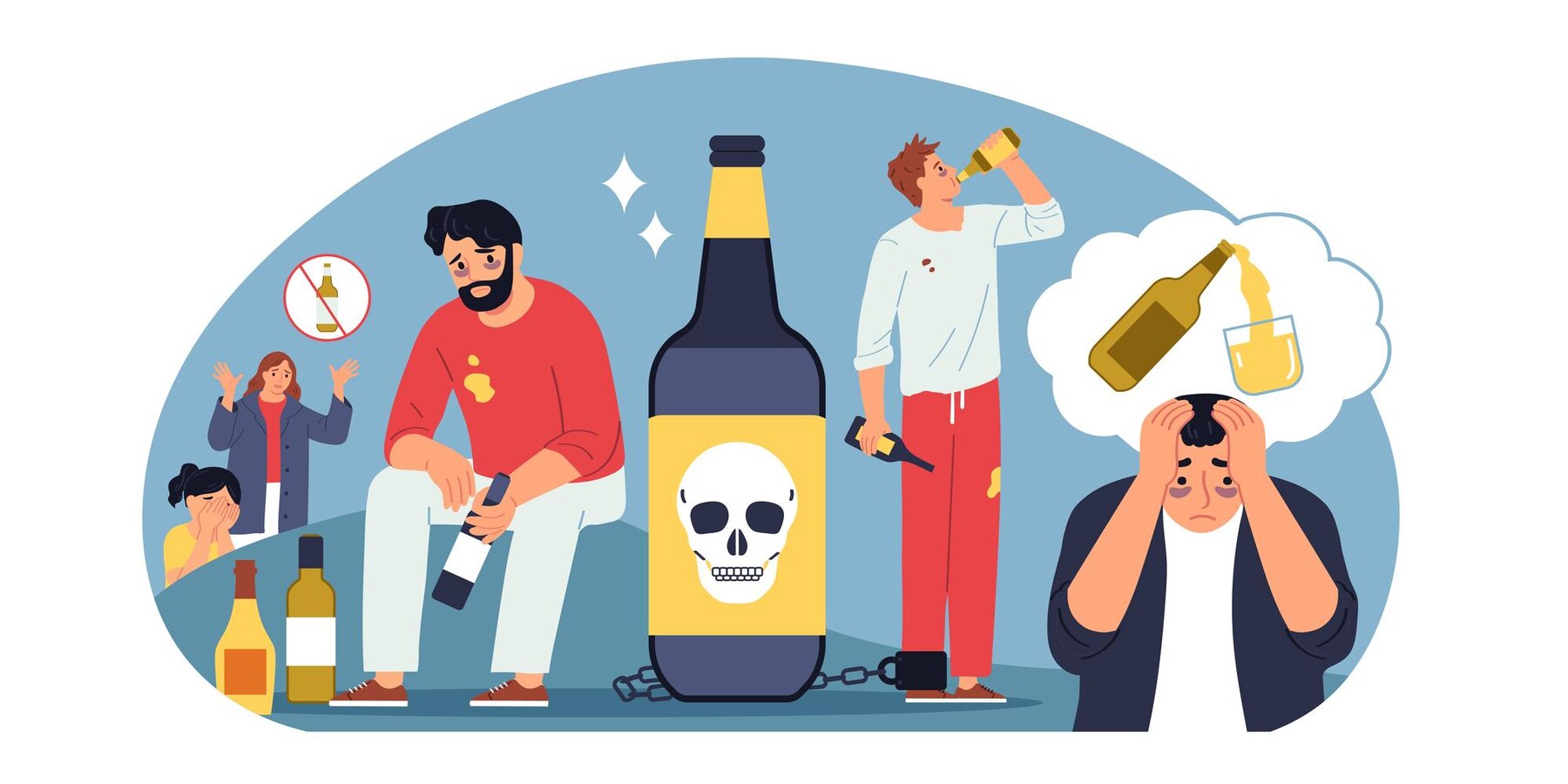Introduction
Alcohol has long been a part of social gatherings and personal indulgences, but its impact on mental health is often underestimated. The relationship between alcohol and mental health is complex, influencing both emotional well-being and cognitive functioning. While moderate consumption may not necessarily be harmful, excessive alcohol intake can lead to significant mental health issues, including anxiety, depression, and psychosis.
How Alcohol Affects the Brain and Mental Health
The human brain is deeply affected by the consumption of alcohol. When consumed, alcohol enters the bloodstream and travels to the brain, where it alters neurotransmitter activity. It primarily affects GABA receptors, which are responsible for inhibiting brain activity. This leads to the relaxation and euphoria typically associated with drinking. However, these changes also have negative consequences, particularly when alcohol is consumed in excess.
Excessive alcohol consumption can lead to long-term alterations in brain chemistry. Chronic use of alcohol may result in the depletion of essential neurotransmitters like serotonin, leading to depression and anxiety. Moreover, overuse of alcohol can cause significant cognitive impairment, affecting memory, decision-making, and impulse control.
Alcohol and Psychosis: A Dangerous Combination
Alcohol consumption is a known risk factor for the onset of psychotic disorders, such as schizophrenia. Research shows that people with pre-existing mental health conditions, particularly psychotic disorders, may be more susceptible to the negative effects of alcohol. The use of alcohol in these individuals can lead to a worsening of symptoms, including hallucinations, delusions, and disorganized thinking.
Additionally, alcohol withdrawal can also provoke psychotic symptoms, including agitation, confusion, and even full-blown hallucinations. For those already struggling with schizophrenia or other psychotic disorders, the combination of alcohol and a mental illness can be extremely dangerous, making treatment and recovery even more difficult.
Conclusion
While alcohol may seem like a harmless indulgence, its impact on mental health cannot be ignored. Chronic consumption and abuse of alcohol are strongly linked to a range of mental health disorders, from anxiety and depression to psychotic conditions like schizophrenia. It is important to understand the risks associated with alcohol and to seek professional help if its use is negatively affecting mental well-being.









